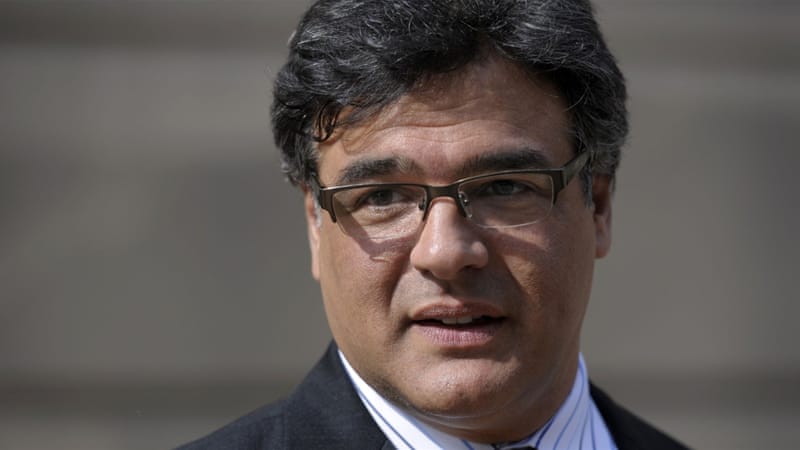His crime was an interview given to ABC News on December 10, 2007 in which he described the waterboarding of Abu Zubaydah, which he did not witness. He said at the time that he was told by CIA associates that it had required only a single brief instance (less than, he said, 35 seconds) of waterboarding to extract answers to an interrogator's questions from Abu Zubaydah.
Eventually it was learned that Abu Zubaydah had been waterboarded at least 83 times, and that little or no useful extra information was ever obtained by those "harsh methods" of interrogation.
In June 2013, Kiriakou published an open letter to Edward Snowden warning him to anticipate FBI officials, wearing clandestine listening devices, might attempt to betray him and entrap him into making comments that, heard out of context, would seem incriminating. In his letter, Kiriakou expressed his support for Snowden, and gave him "the most important advice that I can offer, DO NOT, under any circumstances, cooperate with the FBI."
Along with William Binney, Kiriakou won the 2012 Joe A. Callaway Award for Civic Courage, which is awarded to "national security whistleblowers who stood up for constitutional rights and American values, at great risk to their personal and professional lives." (Remember, that is the definition of moral courage)
General David Petraeus, then CIA director, stated, "This case marks an important victory for our Agency, for our Intelligence Community, and for our country. Oaths do matter, and there are indeed consequences for those who believe they are above the laws."
Do our oaths to authority and institutions outweigh our moral obligation to do what we know is right? Every time?
What about "constitutional rights and American values"? Worth sacrificing for? John Kiriakou certainly thought so.

No comments:
Post a Comment